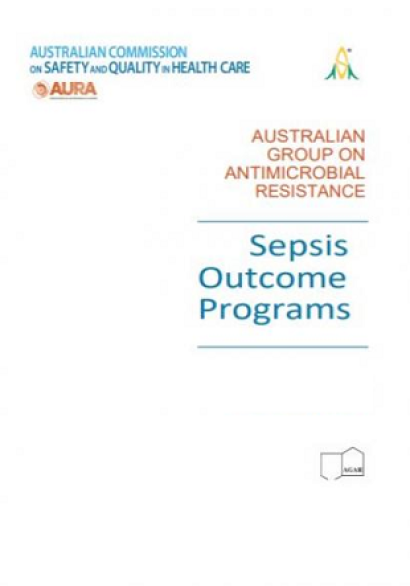The Acute Coronary Syndromes Clinical Care Standard includes six quality statements describing the care that a patient with acute coronary syndrome should be offered.
The Atlas series examines variation in use of some commonly prescribed medicines. Medicines are effective when used appropriately for the right duration. However, substantial variation in use can suggest that some individuals and the community are being exposed to avoidable harms and unnecessary costs, while others may be missing out on an effective treatment.
The range of tests, technologies and treatments that can be used to investigate and manage health problems is growing. Whilst this can bring great benefit, there is an associated risk of diagnosing and treating people for conditions that would never have caused them harm (over-diagnosis).
The Commission has developed new training pathways for Hand Hygiene Auditors (previously called General Auditors) and Hand Hygiene Auditor Educators (previously called Gold Standard Auditors).
Annual revalidation is a method of ensuring all Hand Hygiene Auditors and Hand Hygiene Auditor Educators remain up to date with their knowledge of the 5 Moments and audit practices. This ensures valid and reliable data for the National Hand Hygiene Initiative (NHHI).
Hand Hygiene Auditors (previously called General Auditors) conduct direct observational audits of healthcare worker hand hygiene compliance.
This page provides information on Hand Hygiene Auditor Educator Training.
The quality statements below describe the expected standard for key components of care.
Guidance for healthcare services on the nine quality statements from the Colonoscopy Clinical Care Standard, as well as helpful resources.
Guidance for clinicians on the nine quality statements from the Colonoscopy Clinical Care Standard, as well as helpful resources.
Indicators have been developed to support monitoring of the care recommended in the standard. Clinicians and healthcare services can use the indicators to support local quality improvement activity.
The Colonoscopy Clinical Care Standard describes the care that you can expect if you are having a colonoscopy. Find out more about the nine quality statements from the standard, as well as helpful resources.
Thank you for your support in helping to promote this important initiative.
The Emergency Department Clinicians’ Guide to My Health Record was developed with the assistance of many individuals and agencies.
My Health Record resources are also available from the following organisations:
The Emergency Department Clinicians' guide to My Health Record in EDs and its supporting resources have been developed to support hospital and ED clinicians to use the My Health Record to inform their clinical decision making.
The My Health Record system collects documents from a range of healthcare providers. Some of this information may not be the most up-to-date patient data at the time of access.
Contact your clinical information system support team or hospital trainer for information on how to access patients records, navigate the My Health Record system, or troubleshooting.
A My Health Record is an electronic collection of patient health information that helps to inform and improve clinical decision making. Commonly asked questions are answered below.

